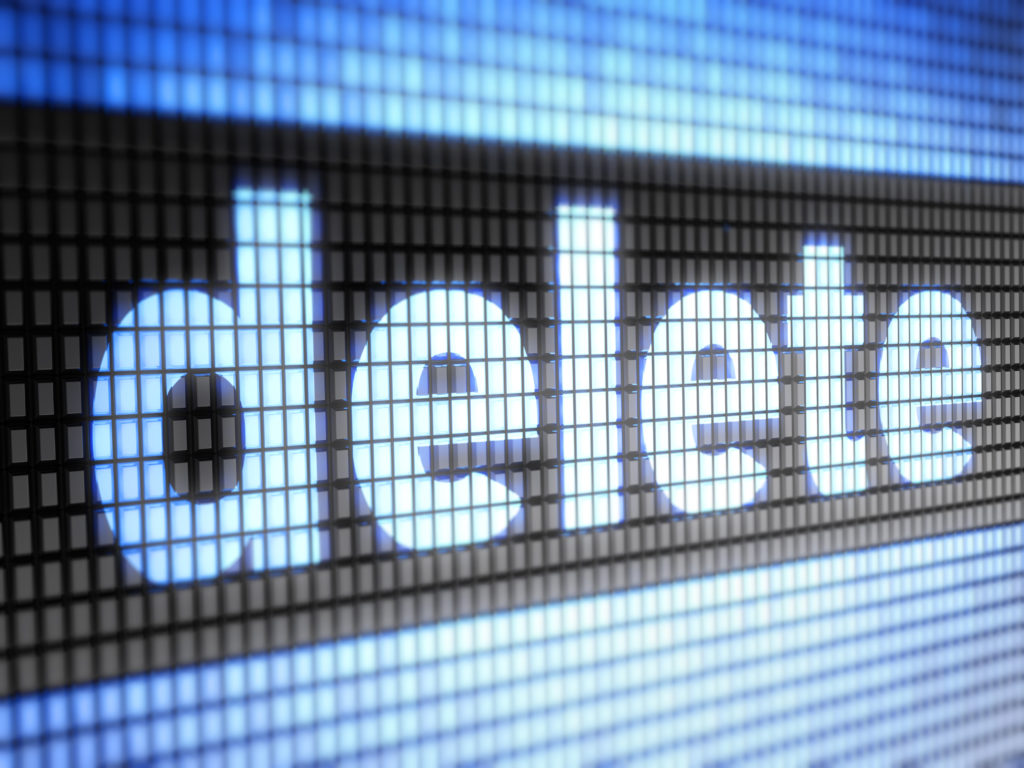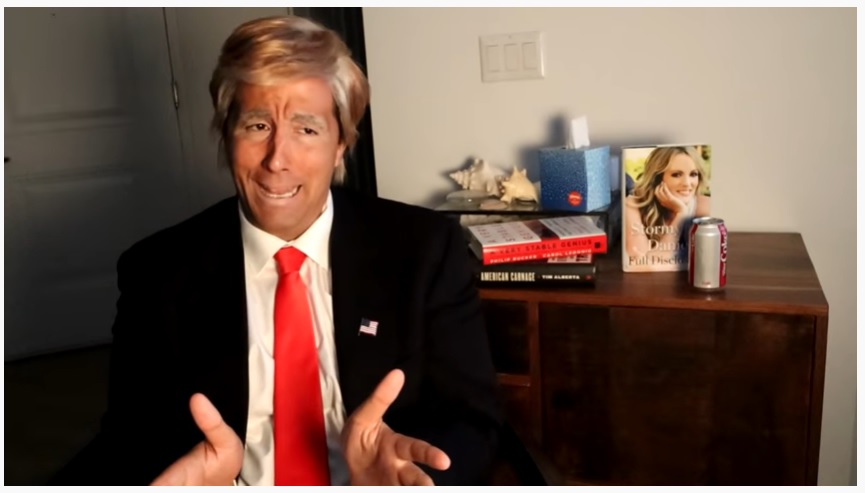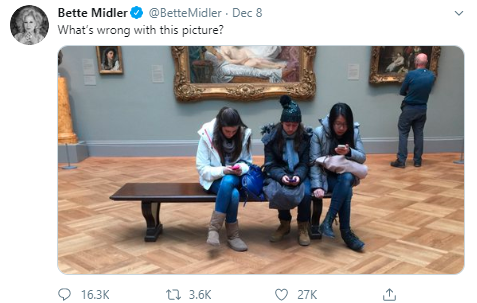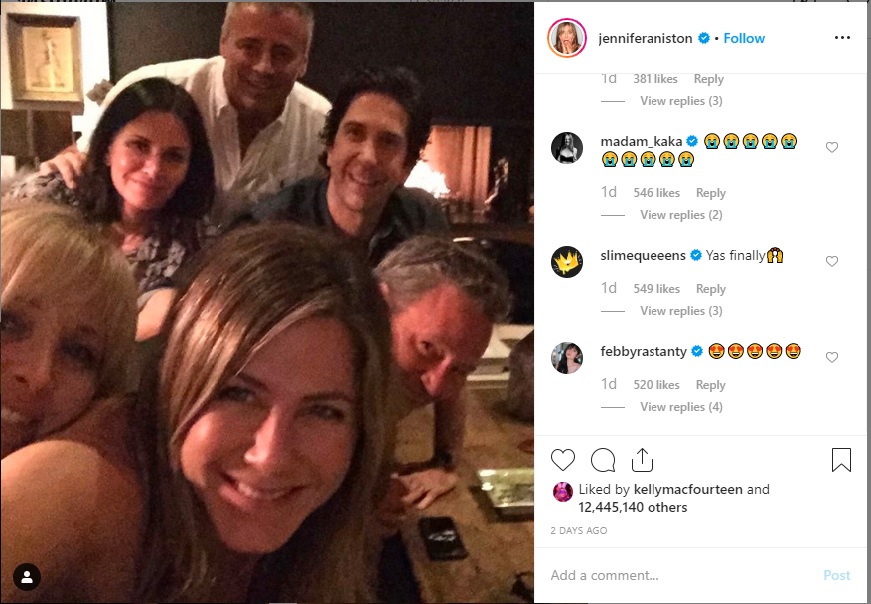Is It A Bad Idea To Delete An Offensive Tweet?
Chuck Gose, a corporate communications professional with the digital signage company Stratacach, recently wrote a post arguing that brand managers shouldn’t delete offensive tweets.
In his post, which appeared on PR Daily, he wrote:
“I’m all for deleting tweets under other circumstances. You have a typo and you want to fix it, or you accidentally tweet a bad link and need to correct it. There’s no edit button on Twitter, so this seems like an appropriate course of action.
But deleting a Tweet because others have a problem with it causes even more problems. The news doesn’t become the tweet; the news becomes the deletion of the tweet….
If you make a mistake, own up, clarify, provide context or apologize. Anything is better than deleting a tweet, because guess what? It lives.”
His article is well-written, well-argued, and worth the read. But I disagree.

Chuck is absolutely right that deleting a tweet doesn’t make it disappear. We can all safely assume that once something has been tweeted, a screen shot of it will live forever.
But I disagree that a deleted tweet automatically results in an even more damaging story about the deletion of the offending tweet.
In fact, deleting a tweet can be a critical step toward reducing the fallout and moving the social media crisis out of the headlines. Angry commenters want to know that their complaints are being heard and responded to—and deleting the offending comment is one of the few things a brand can do to demonstrate that they’ve heard the commenters and have taken a tangible, if small, step to remedy the situation.
The key when deleting a tweet is to be completely transparent. As Chuck said, it’s critical to “own up” to your mistake. Deleting it without acknowledging that you’ve done so is problematic—but a simple tweet, such as the one below, allows you to delete the offending tweet without being accused of dodging the situation:
“We got that tweet wrong. We are deleting it from our timeline, and apologize sincerely for sending it in the first place.”
Deleting the tweet after sending such a message will eliminate the tweet from your timeline’s historical record, and will prevent people from retweeting it directly from your Twitter handle (they can still share it via a screen shot, of course).
Think of it this way: If a clothing retailer sells a provocative t-shirt that offends its customer base, they’re probably going to pull it off the shelf. They’re not going to leave it on the shelf, adopting the mentality that “If we remove it from the shelf, it’s still going to live in people’s minds, so we must keep selling it instead.”
There’s no reason the same logic shouldn’t apply to social media, as well.
What do you think? Please leave your thoughts in the comments section below.



Great advice as usual Brad. There are no hidding corners on the Internet. Better to open the cut to the air and let it heal out than cover and delay the healing.
Agree-deleting a social media post and pretending it didn’t exist is a fail. But bad tweets, Facebook posts, pins, or Instagram photos should be taken down and a short apology put up in its place. Like the t-shirt illustration.
I especially like this: “We got that tweet wrong. We are deleting it from our timeline, and apologize sincerely for sending it in the first place.”
We are discussing semantics here. People rightfully attribute credibility to the uncensored/unvetted opinions expressed and are intrigued. The removal of the tweet, an apology or both are all socially conventional responses yet they are inherently superficial and insincere.
The contemptuous nature of their apology is fundamentally grounded in the philosophy that “I am sorry I didn’t live up to the fantasy/illusion you perceived of me. From now on I will keep my personal thoughts/opinions out of sight.”
Agents of Notable personalities/Celebrities advise them to have their tweets vetted by a third party e.g. a PR/Marketing firm before their tweet goes live. When Notable personalities/Celebrities fallout with their agents requests are ignored an offensive tweets are inevitable.
Current trends show that freelance Amateurs, B and/or C grade celebrities do not have the resources to employ these services and post offensive tweets more frequently.
For a genuine response you would elaborate on why you posted the tweet and the context behind it and then further explain of how you’ve picked it apart and now see flaws in your reasoning.
For example:
“Recently I have been absorbing the theory x, I attempted to turn x into a narrative in order to internalize it and make the theory real to me. In doing so I lost sight of the bigger picture.”
Yes.
I would likely delete it and then explain why I deleted it and why I posted it in the first place. I would probably even blog about it.
But it also depends on what the tweet was about. I wouldn’t delete a tweet simply because somebody was offended by it or didn’t like it. I may decide to stand by my story. It depends on the situation.
I do agree with this in general, though.